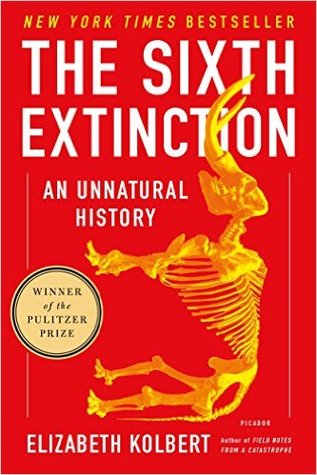More on this book
Community
Kindle Notes & Highlights
Read between
January 17 - February 1, 2019
ROUGHLY one-third of the CO2 that humans have so far pumped into the air has been absorbed by the oceans. This comes to a stunning 150 billion metric tons. As
Warming today is taking place at least ten times faster than it did at the end of the last glaciation, and at the end of all those glaciations that preceded it. To keep up, organisms will have to migrate, or otherwise adapt, at least ten times more quickly.
recent estimates suggest there are at least two million tropical insect species and perhaps as many as seven million. By comparison, there are only about ten thousand species of birds in the entire world and only fifty-five hundred species of mammals.
even a very small initial population of humans—a hundred or so individuals—could, over the course of a millennium or two, multiply sufficiently to account for pretty much all of the extinctions in the record. This was the case even when the people were assumed to be only fair-to-middling hunters. All they had to do was pick off a mammoth or a giant ground sloth every so often, when the opportunity arose, and keep this up for several centuries. This would have been enough to drive the populations of slow-reproducing species first into decline and then, eventually, all the way down to zero.


